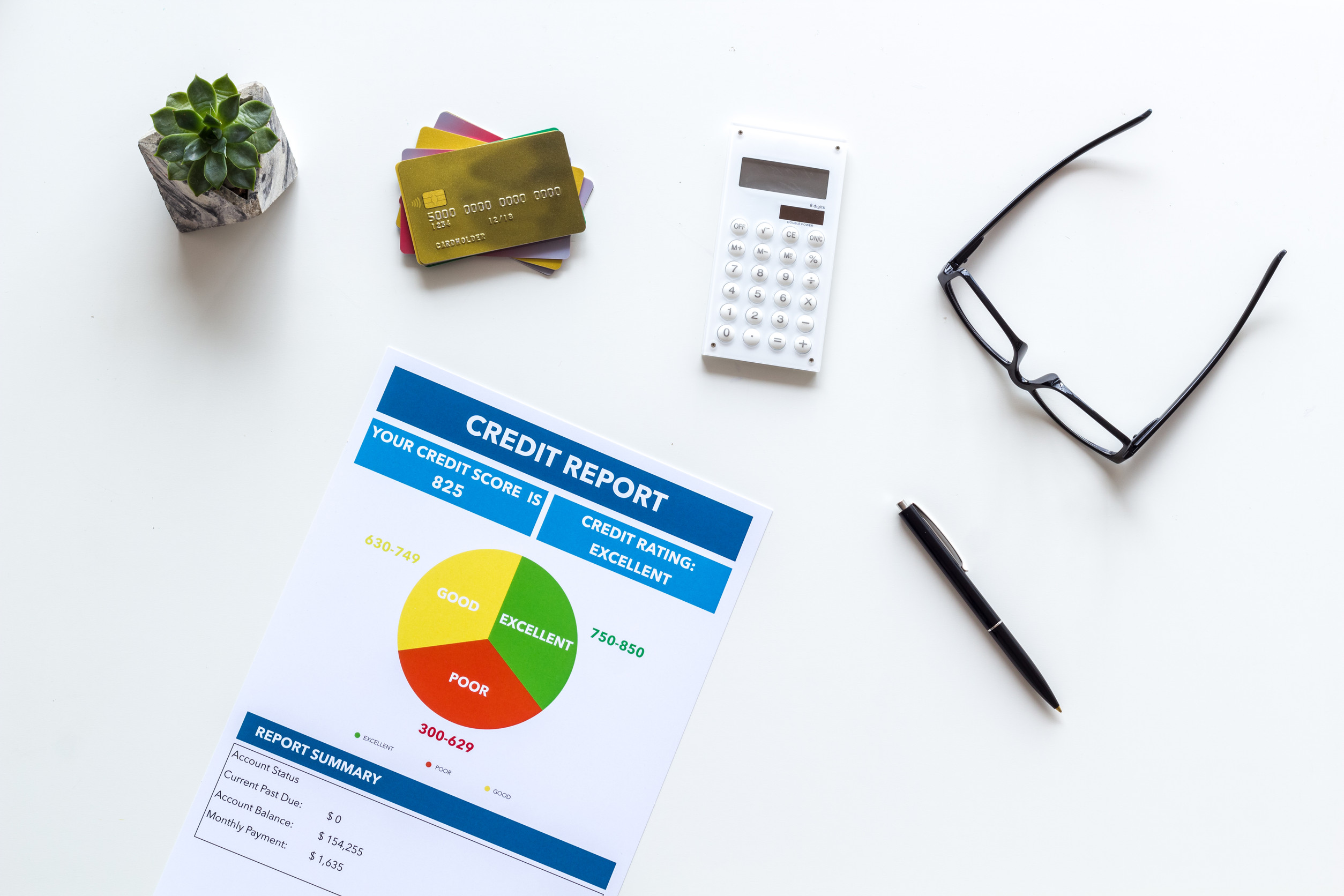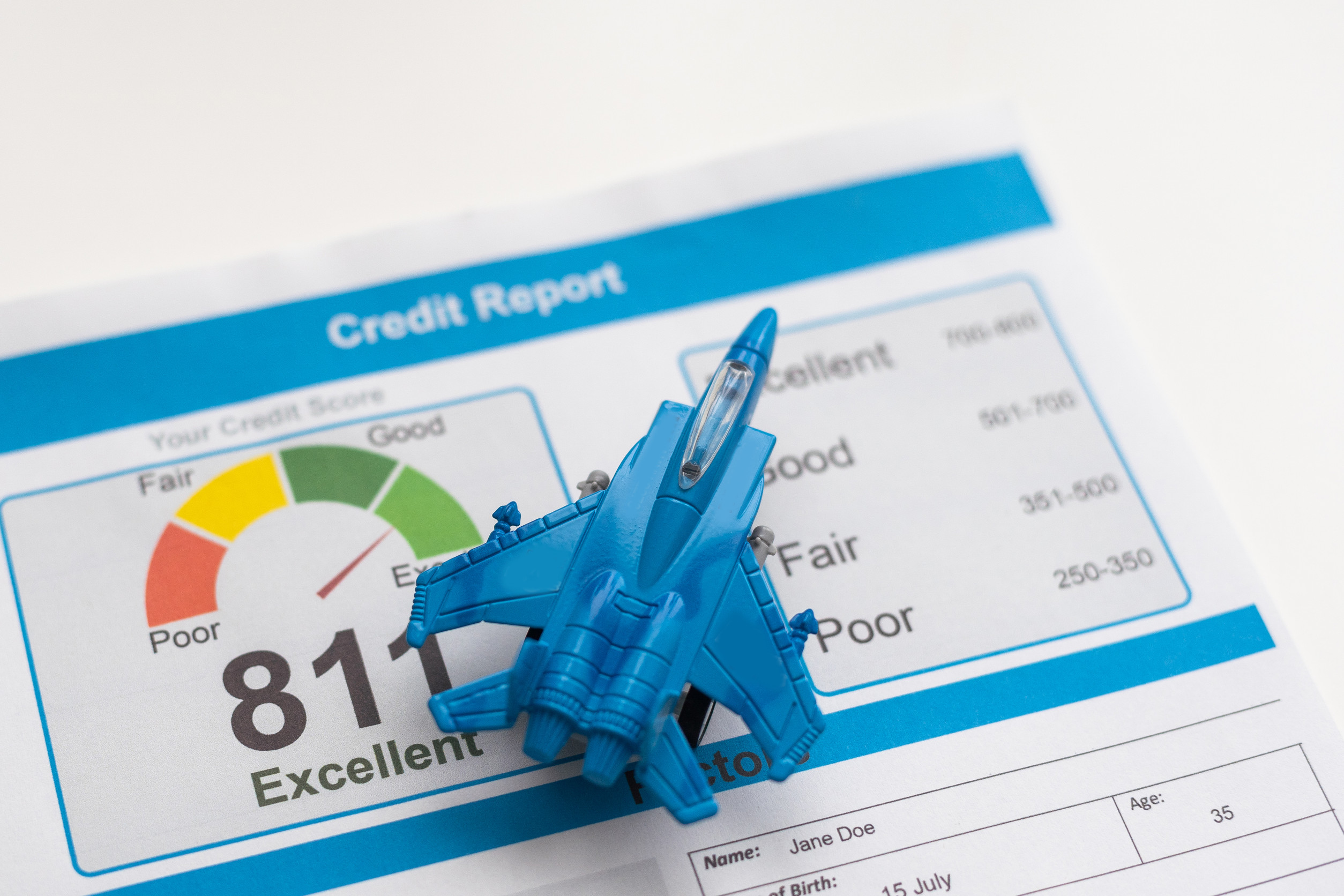
Why you’re paying too much for your car loan–and how to fix it
Image Source: 123rf.com
Let’s be honest: car loans can cause a lot of stress. Your monthly car payment can be a major drain on your budget if you’re anything like the majority of Americans. What’s the truth? The truth? Unknowingly, many of us waste thousands of dollars on auto loans. The good news is that with a little know-how, you can stop the financial bleeding and potentially save a small fortune on both your current loan and future car purchases.
Hidden Factors Behind Excessive Auto Loan Rates
Image Source: 123rf.com

The timing of your purchase matters too–interest rates fluctuate seasonally, meaning that identical car could cost you hundreds more just because you bought it in April instead of November. Dealerships are experts at focusing on the monthly payment instead of the total cost. This makes it easy to overlook how much you will pay over time.
You might wonder, “What’s so important about a few percentage points?” These “small” differences can add up to shocking amounts. Paying 2% extra in interest on a $30,000 car loan will cost you $3,000 more over the course of five years. This money could have been used to boost your retirement savings, build your emergency fund or pay down your credit card debt. You’ll also be stuck with a longer term loan, meaning you will owe more money than the car is worth. This can make it difficult to sell your vehicle. The high monthly car payments can cause financial stress for many families, affecting everything from vacation planning to grocery shopping.
Ever felt confused at the Finance Office? This is by design. Dealerships often use a tactic called “four-square”, which is a negotiation technique that mixes up the monthly payment, interest rate, trade-in price and car price to create a confusing fog of numbers. They’re maximizing their profit while you try to figure out what is going on. You’ll notice that salespeople will always ask, “Can you afford to pay $350 per month?” instead of discussing the loan amount or interest rate. That’s because stretching your loan to 72 or even 84 months makes expensive cars seem affordable while dramatically increasing what you’ll pay in interest.
Credit Score Misconceptions That Cost You Thousands
Image Source: 123rf.com
Many of us have made the same mistake: accepting a high-interest credit card because we thought our credit score was set in stone. This myth causes people to accept the first financing offer they receive without doing any research or improving their creditworthiness. Those temporary dips in your score from recent credit inquiries or life changes might not accurately reflect your actual reliability as a borrower, yet lenders happily use these blips to justify charging you more.

Image Source: 123rf.com
Let me start by delivering some good news: you can increase your credit score more quickly than you think, and this is especially true for auto loans. Set up automatic payments on all of your accounts to ensure you never miss a payment. This is the single most important factor for your credit score. Focus on reducing your credit card debt to below 30% of the limit if you plan to purchase a vehicle in the coming months. A focused effort over three months could increase your credit score by 20-40 percentage points and save you thousands of dollars in interest. Do you have a relative with good credit? Another insider tip: request credit limit increases on your existing cards (without using the additional credit) to instantly lower your utilization ratio. Another insider tip: request credit limit increases on your existing cards (without using the additional credit) to instantly lower your utilization ratio.

Image Source: 123rf.com
Walking into a dealer with a loan pre-approved by your bank or credit card completely changes the rules. The dealer must now beat the rate of a competitor to win your business. Use industry terms like “buy rate”, instead of “interest rates”, when discussing financing. This will show the finance manager you are aware of how dealer markups operate and that you expect transparency. You may also benefit from shopping near the end-of-month, when dealers are under pressure to reach monthly sales targets. They might be more willing to offer you better financing. One last tip on this topic: Always keep the vehicle price negotiation separate from financing discussions–this prevents salespeople from giving you a great price but clawing back profits with expensive loan terms.
Solution 3: Strategic Refinancing – The Fastest Route to Lower Payments

If you have a high interest auto loan and are looking to save money, refinancing is a great option. It’s also usually easier than most people think. Credit unions offer rates that are 1-2% less than the big banks. This makes them an excellent first stop. It is usually a simple process that can be completed in a matter of days online. This will immediately lower your monthly payment. Refinancing works best if your credit score has improved since you got your original loan or if you initially financed through a dealership at inflated rates. Refinancing works especially well if your credit score has improved since you got your original loan or if you initially financed through a dealership at a marked-up rate.
Solution 4: Breaking Free From Underwater Auto Loans
Image Source: 123rf.com
Feeling trapped by negative equity

Protecting Yourself from Future Auto Financing Pitfalls
